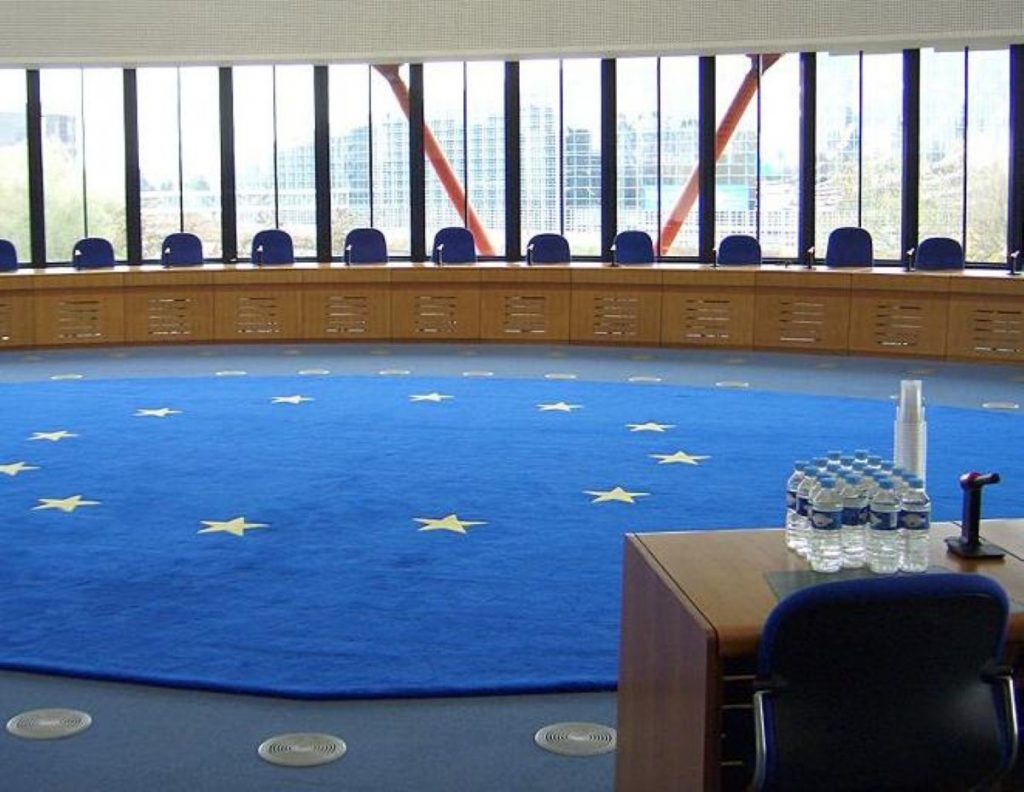UK escapes ‘attack ad’ politics – but only just
Britain has narrowly avoided a ruling which could have fundamentally transformed UK political culture, after judges in Strasbourg rejected a challenge to Britain's blanket ban on political advertising.
Lobbyists were left frustrated by the European court ruling preventing more political advertising being broadcast on UK TV screens and radios.
The panel of judges voted by nine votes to eight in favour of maintaining the complete ban currently enforced by the Communications Act 2003.
"Political adverts are – and have always been – banned on British TV and radio," culture, media and sport secretary Maria Miller said.


"That ban has wide support and has helped sustain the balance of views which is at the heart of British broadcasting – and ensures the political views broadcast into our homes are not determined by those with the deepest pockets."
The challenge had been brought by Animal Rights International, an animal welfare charity, which objected to a TV advertisement it produced in 2005 being banned under the legislation.
The advert was banned by the Broadcast Advertising Clearance Centre because ADI was deemed to be a 'political group'.
"Political speech is rightly protected by the European court of human rights as a fundamental ingredient of free expression in a healthy democracy," ADI's lawyer Tamsin Allen of law firm Bindmans LLP commented.
"It was argued in this case that the wide blanket ban on all political advertising in the UK was an inappropriate and unnecessary restriction on free speech."
Eight of the judges concluded, in a dissenting judgement, that "entirely and permanently" shutting off political advertising "is a harsher constriction of freedom than is necessary in a democratic society".
But nine judges found the ban was needed to "protect the democratic debate and process from distortion by powerful financial groups with advantageous access to influential media".
Supporters of the status quo had feared a change in the rules could have led to massive increases in spending on election campaigns, with much of the extra money spent on negative 'attack ads'.
Such a move would have concentrated power in the hands of what the Electoral Reform Society (ERS) calls the British SuperPAC – the interest groups that pour millions into advertising independently of the US parties at and between elections.
ERS chief executive Katie Ghose said: "This ruling should be welcome news to all democrats. Lifting the ban would have irrevocably changed the political landscape in Britain, and not for the better."
She pointed out the 2010 general election saw less money spent by the three main parties than that spent in the last Senate race in Pennsylvania alone.
"The US experience shows the only people who would profit from TV attack ads are moneyed interest groups, TV networks and paid political consultants," Ghose added.
"The biggest loser would be democratic debate in Britain."












